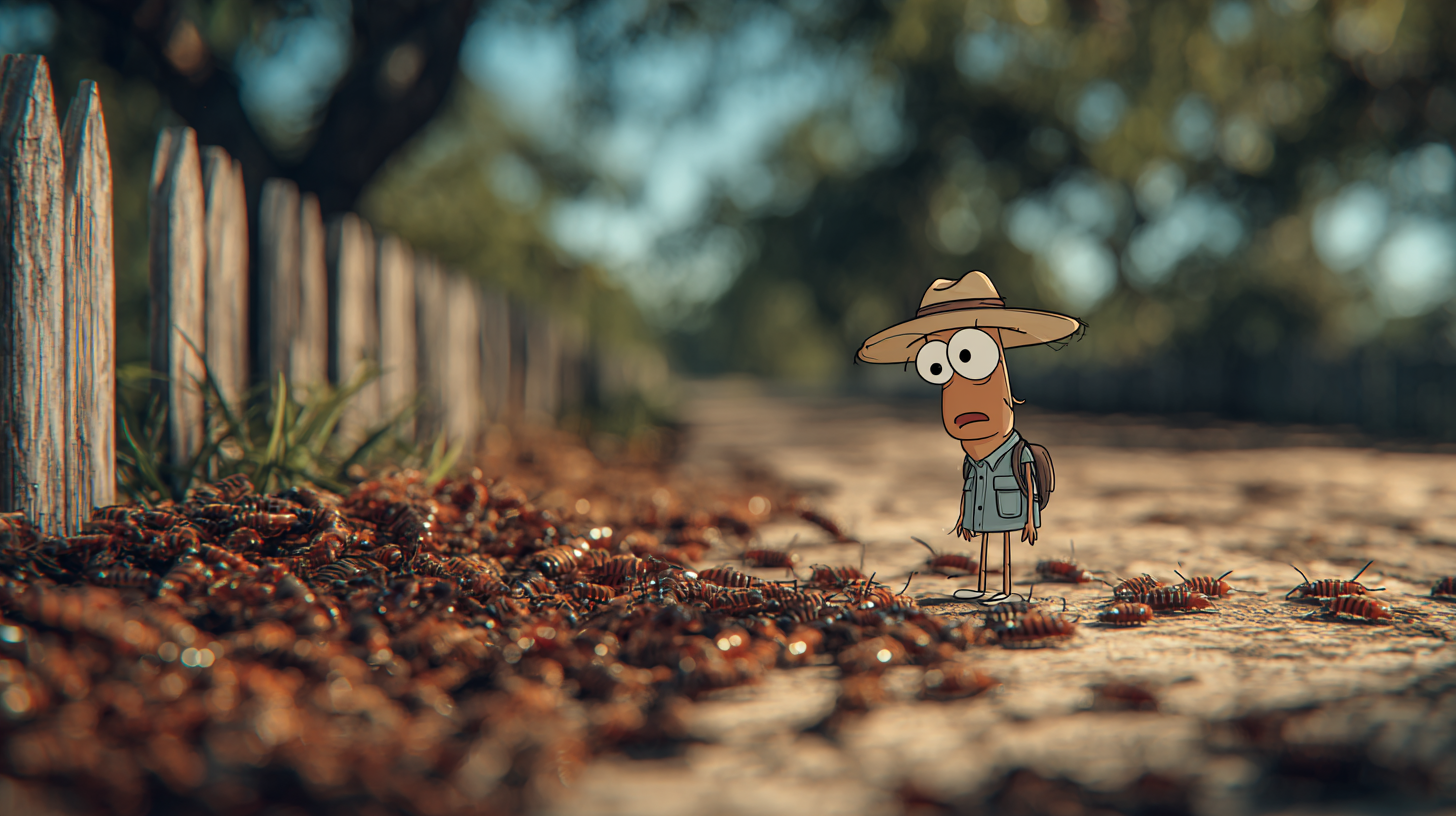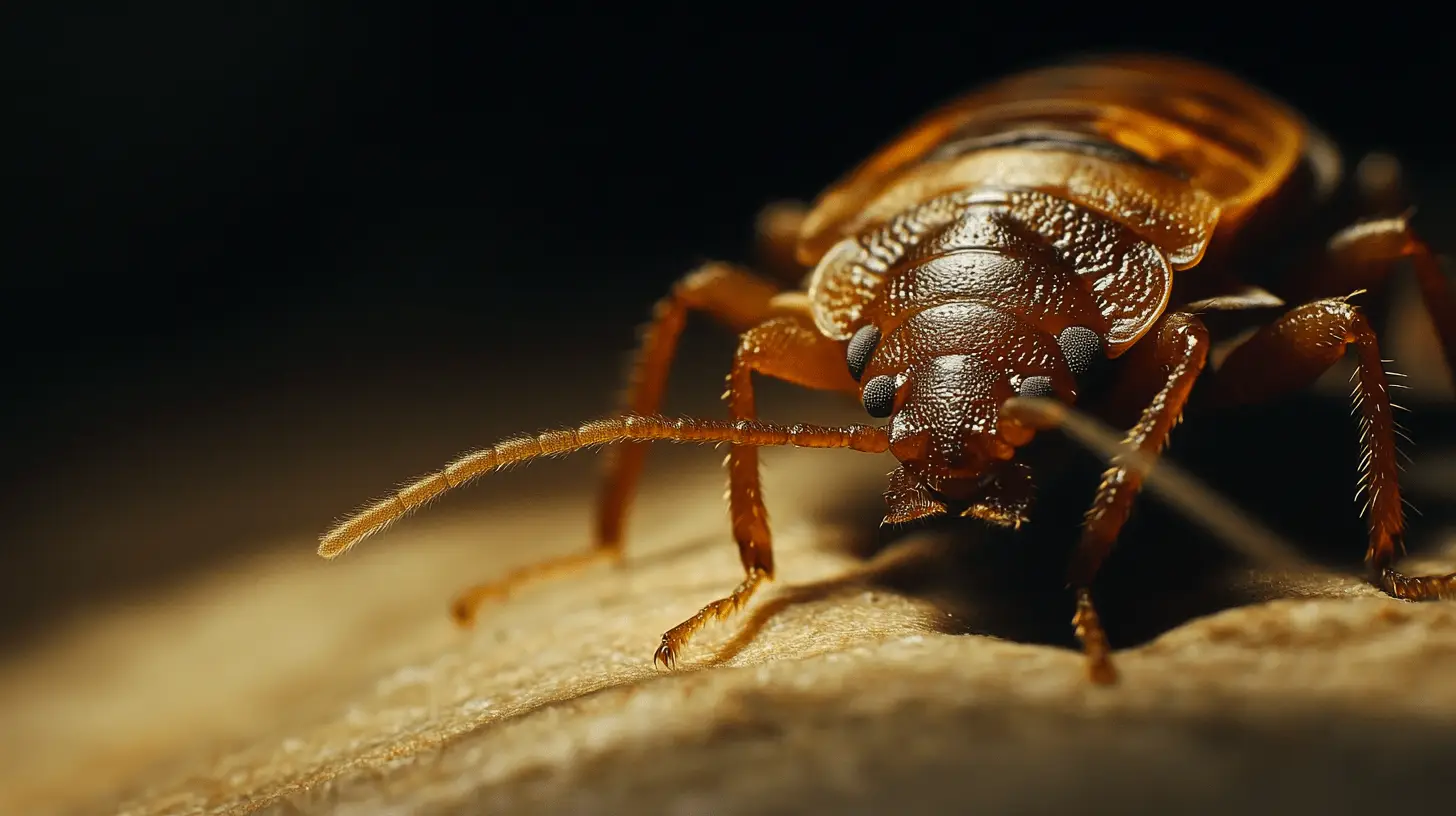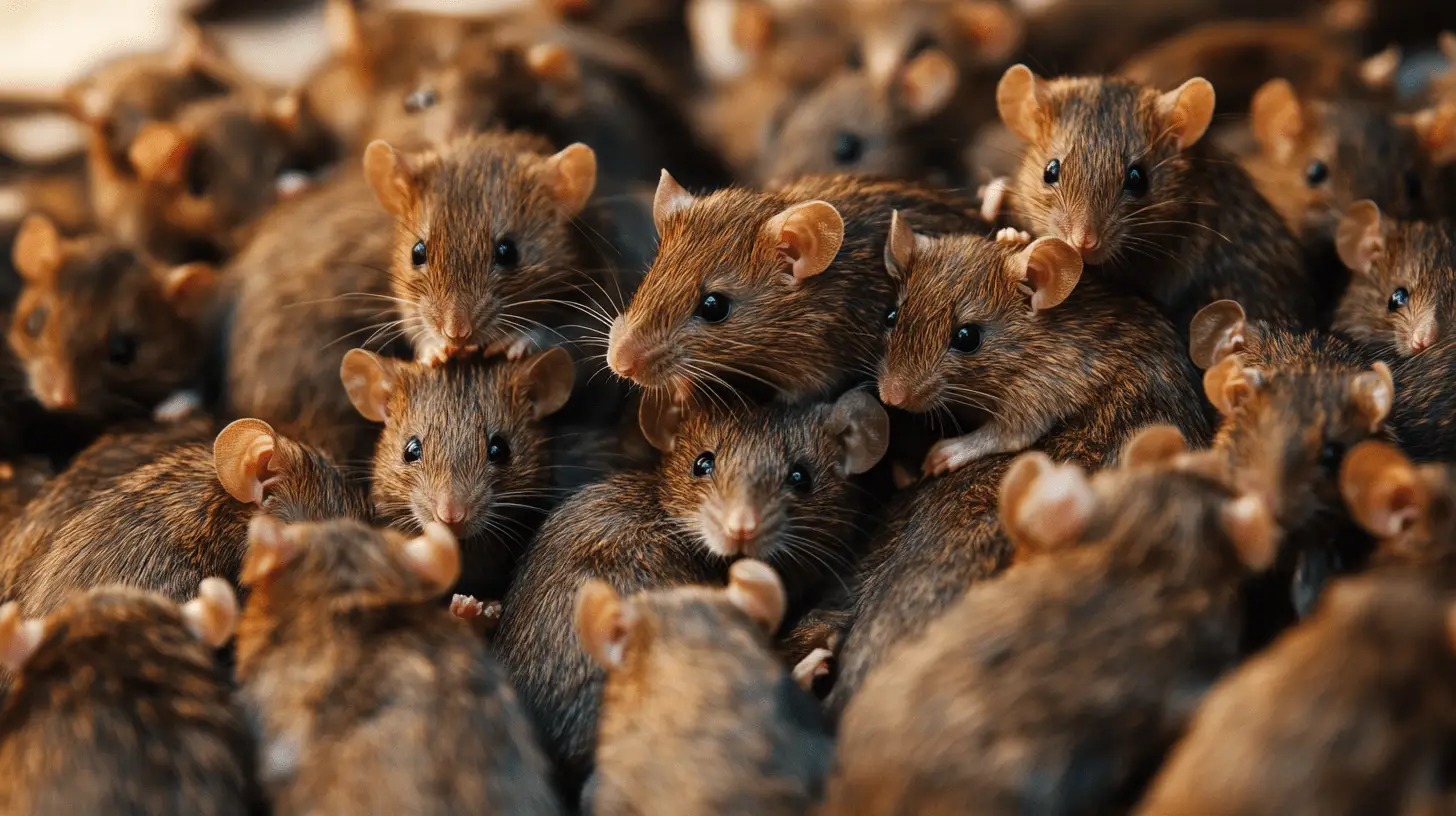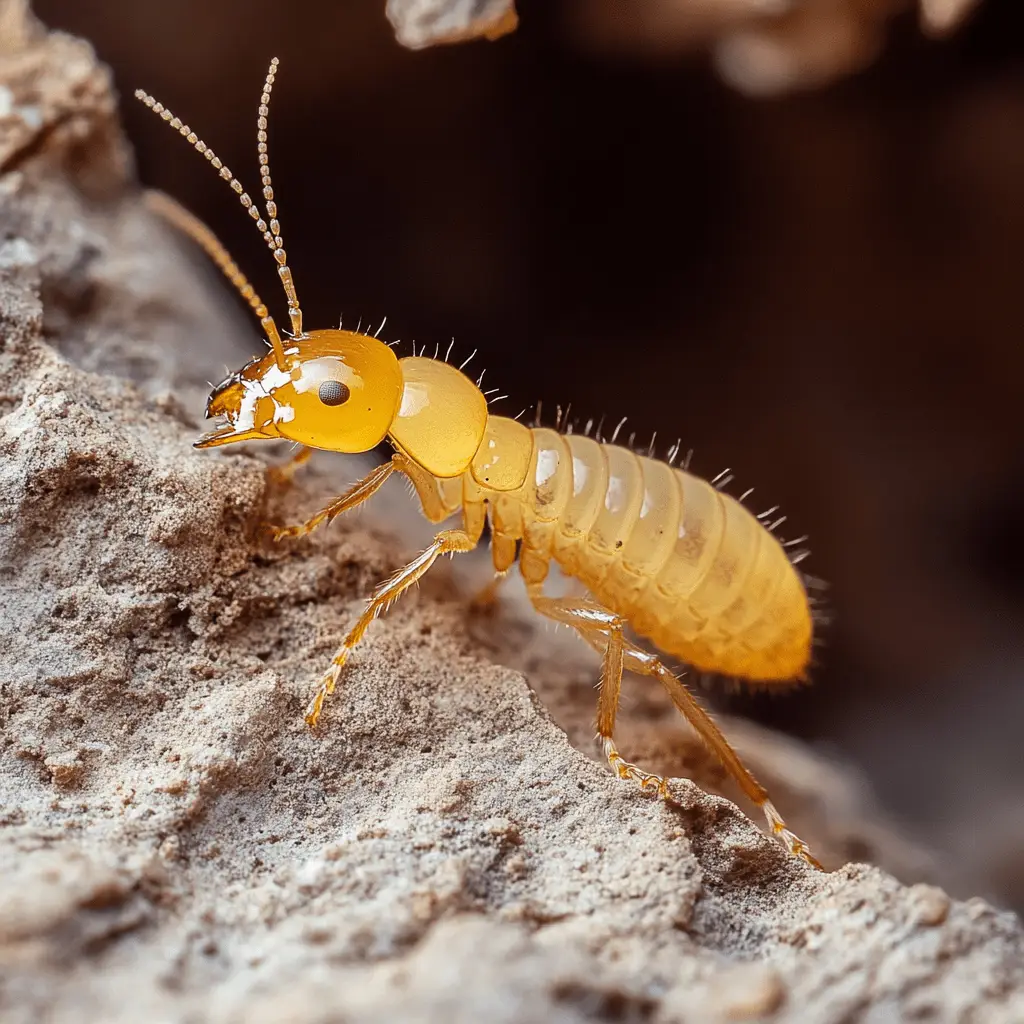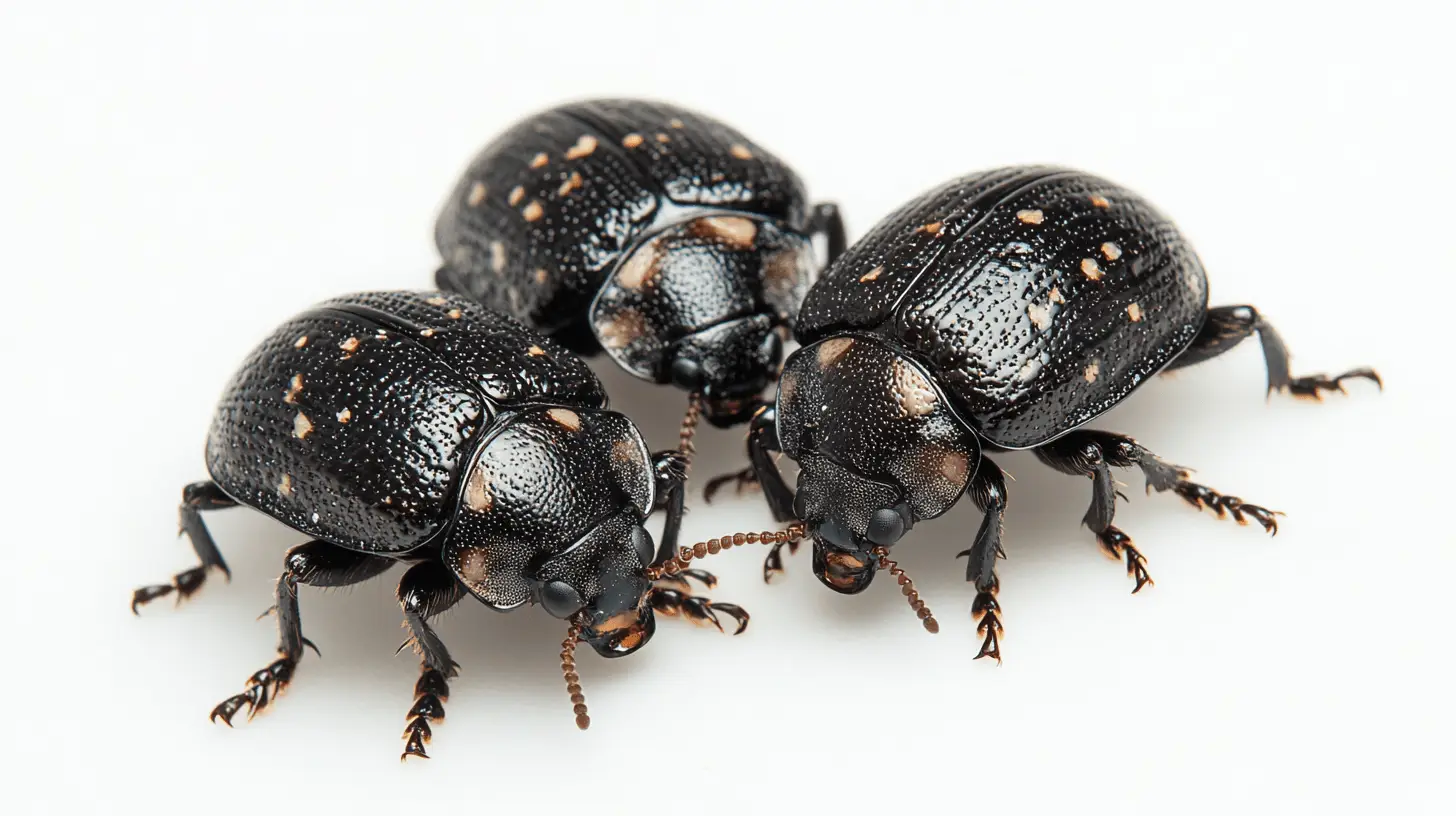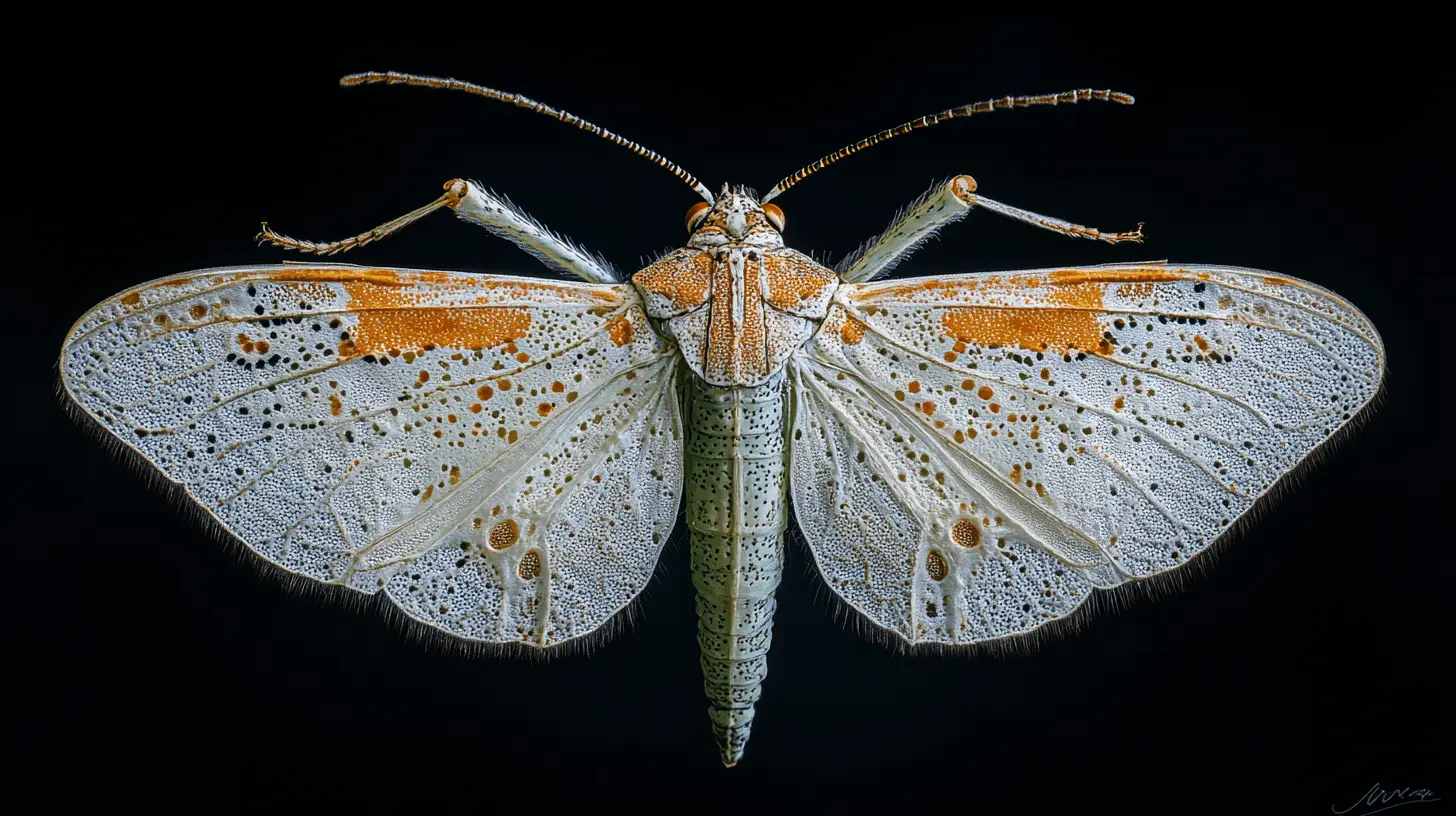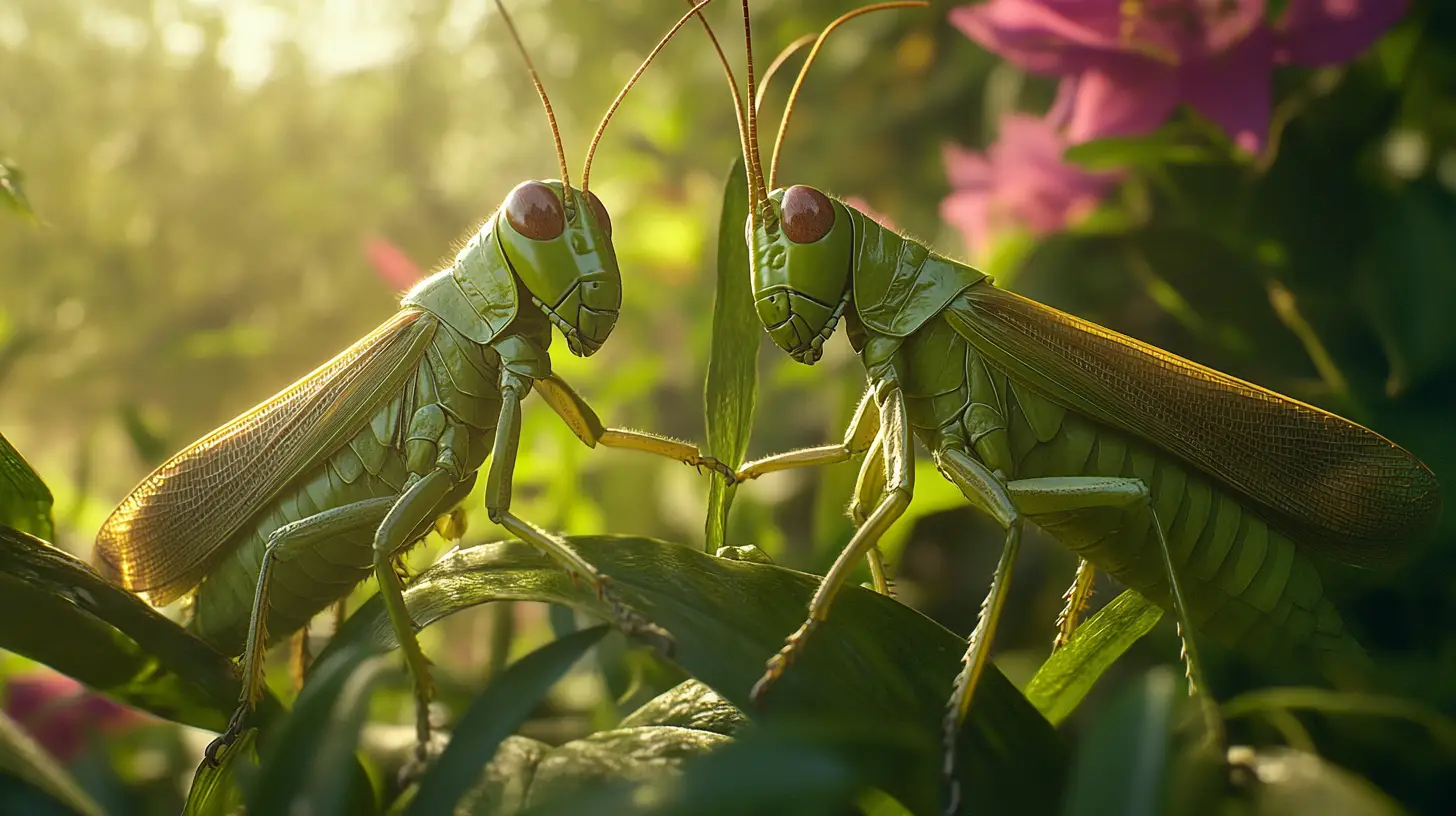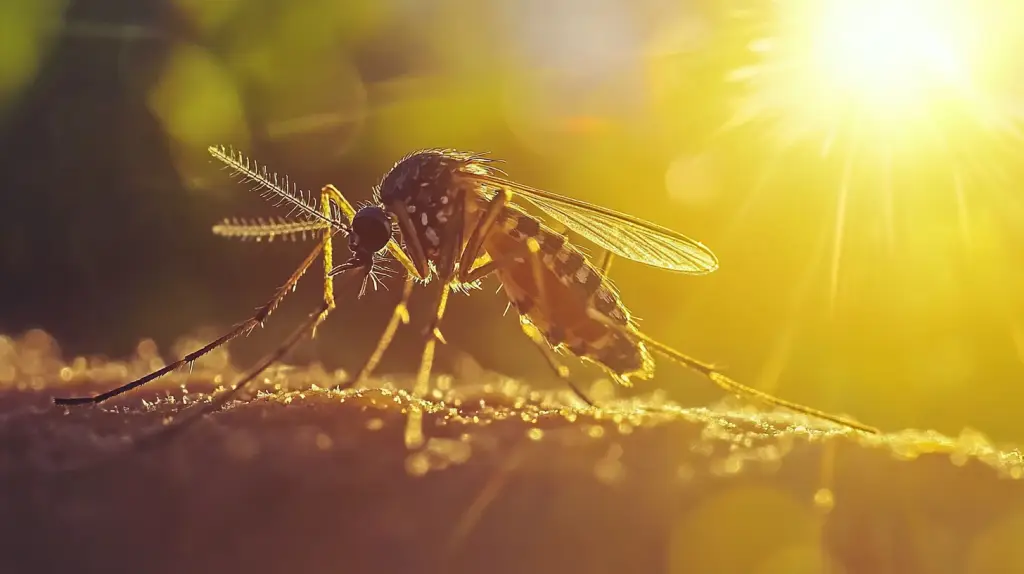
Table of Contents
Imagine you’re enjoying a peaceful summer evening by a bonfire, only to be interrupted by the relentless buzzing of mosquitoes. These tiny pests are more than just an itchy nuisance; they pose serious health risks by transmitting diseases like West Nile, Zika, and Dengue. In the United States alone, tens of millions of mosquitoes from about 200 species carry these dangerous pathogens.
Florida has more than 80 different species of mosquitoes, with about 33 species capable of transmitting diseases to humans and animals. While there’s no magic solution to eliminate mosquitoes entirely, understanding how to manage their population can make a important difference. Mosquitoes are notorious for their rapid reproduction, with each female capable of laying over 700 eggs in her lifespan.
This means that without effective mosquito control measures, you could be dealing with thousands of new mosquitoes in a matter of days. By exploring the best strategies to reduce their numbers, you can enjoy your outdoor spaces without the constant threat of bites and potential disease.
Key Takeaways
- Understanding Mosquito Habitats: Eliminating standing water is crucial for mosquito control as these pests breed in stagnant water, making habitat management an effective prevention strategy.
- Comprehensive Mosquito Control: Combining outdoor methods like using larvicides and removing potential breeding sites with indoor solutions such as mosquito misting systems enhances overall efficacy.
- Use of Insecticides and Repellents: Insecticides can reduce mosquito populations, while repellents offer quick personal protection, deterring bites without necessarily killing mosquitoes.
- Natural Remedies for Mosquito Repellent: Home remedies, including essential oils and plants like lemon balm, provide eco-friendly alternatives to chemical repellents, maintaining ecological balance.
- Importance of Regular Maintenance: Consistent efforts, including yard maintenance and checking preventive measures like window screens, are essential for sustained mosquito control in Parrish.
How to Get Rid of Mosquitoes Fast
Mosquito control requires a comprehensive strategy to effectively manage these pests in Parrish, FL. Due to Florida’s warm climate, mosquitoes are active nearly year-round, particularly in South Florida where the tropical conditions create an ideal environment for them to breed. Implementing effective strategies can help you enjoy your outdoor spaces without the nuisance and health risks mosquitoes present.
Outdoor Mosquito Control
- Remove Standing Water: To get rid of mosquitoes, the first step is eliminating their breeding grounds. Mosquitoes lay eggs in standing water, so it’s crucial to remove any potential breeding sites. Check your yard for items that might collect water, such as tires, buckets, and planters. Turn over, cover, or dispose of these items. Pay special attention to birdbaths and flowerpot saucers; empty them at least once a week. If you have water storage containers, ensure they are tightly covered. Mesh screens can prevent mosquito entry if covering is not possible.
- Use Larvicides: When dealing with large water bodies like ponds that can’t be emptied, larvicides can effectively target mosquito larvae. By killing larvae before they mature, you significantly reduce the adult mosquito population. Always follow label instructions for safe and effective use. These steps go a long way in ensuring that you control mosquito populations at their source.
Indoor Mosquito Control
- Mosquito Misting Systems: To get rid of mosquitoes indoors, consider installing a mosquito misting system. These systems use a network of tubing and nozzles to distribute an insecticide fog throughout your property. The mist acts as a barrier, killing existing mosquitoes and deterring new ones. Misting systems offer a hands-off, regular treatment schedule that can provide lasting relief from mosquitoes.
- Use Repellents and Insecticides: Repellents provide quick relief by making you and your surroundings less attractive to mosquitoes. They don’t kill mosquitoes but reduce the likelihood of bites. For longer-term answers, apply insecticides throughout your yard to kill mosquitoes, eggs, and larvae. Depending on the size of your yard, you might use insecticides multiple times for comprehensive coverage. This layered approach ensures mosquitoes are managed both indoors and out.
- Maintain Regular Treatments: Consistent effort is key to achieving long-term mosquito control. Regularly checking for standing water, refilling larvicides, and maintaining misting systems create an ongoing defense against these pests. While complete eradication is unlikely, a disciplined approach to mosquito control can dramatically reduce their numbers, allowing you to enjoy your life with fewer interruptions.
An Introduction to Mosquitoes and Their Role in the Environment
Mosquitoes, the uninvited guests of Parrish, FL, have a surprisingly rapid life cycle. In just 7 days, they morph from eggs to adults, with females laying eggs even in small amounts of stagnant water, like bottlecaps. Understanding their biology is key if you’re looking to get rid of mosquitoes effectively. These prolific breeders transform from water-based larvae into flying adults, prepared to seek out blood meals.
Even though mosquitoes are notorious for spreading diseases like Zika and dengue, they’re not entirely without ecological significance. Serving as a vital food source, mosquitoes nourish wildlife including birds, bats, and spiders. Larvae contribute to water ecosystems by consuming organic matter, aiding in decomposition. Some mosquito species even act as pollinators, sipping nectar and inadvertently transferring pollen.
Their adaptability makes mosquito control a pressing issue. As they become resistant to common insecticides, it’s increasingly important to make environmentally conscious decisions. While total eradication isn’t feasible, reducing their numbers starts with eliminating standing water in your yard. Nonetheless, you face the challenge of these pests breeding in nearby areas outside your control.
Even though their notorious reputation, mosquitoes’ impact on the environment is nuanced. They play a role, albeit a contentious one, in local ecosystems. Captivating local wildlife specialists and initiatives can enhance your understanding of their place in Parrish’s delicate ecological balance. Through informed decisions, you not only manage mosquitoes but also contribute to preserving the area’s natural harmony.
Mosquitoes as Pests and Disease Vectors
Mosquitoes are more than just an outdoor nuisance; they’re important vectors of infectious diseases affecting health across the globe.
Potential Risks with Mosquitoes
Mosquitoes pose serious health risks by transmitting diseases to humans and animals. These vector-borne diseases result from pathogens passed through mosquito bites, a risk factor prevalent in warm, humid environments like Parrish, FL.
Diseases Transmitted by Mosquitoes
You’ll find mosquitoes are vectors for a range of diseases:
- Malaria: Transmitted by Anopheles mosquitoes, mainly affects children under five in Africa, causing 249 million cases annually.
- Dengue: Aedes mosquitoes spread this prevalent viral infection affecting 3.9 billion people in 132 countries, resulting in 96 million symptomatic cases each year.
- Zika, Chikungunya, and Yellow Fever: All transmitted by Aedes mosquitoes, contributing to the global disease burden.
In the U.S., Aedes, Culex, and Anopheles mosquitoes are known carriers of diseases like West Nile Virus and Dengue Fever. Understanding these risks enables effective mosquito control strategies and promotes healthier communities.
Are Mosquitoes Hard to Get Rid Of?
Mosquitoes pose important challenges, and their removal isn’t always straightforward. Their erratic flight patterns make surface-applied chemical treatments less effective, as treatments dissipate quickly in the air. Physical barriers only cover limited areas, and mosquitoes often fly around them effortlessly. These insects are strong fliers and capable of traveling considerable distances, often re-entering treated spaces.
Rapid reproduction also contributes to the difficulty in eliminating mosquitoes. Female mosquitoes lay over 700 eggs in their few-month lifespan, and under ideal conditions, these can develop into biting adults in just about a week. In places like Parrish, FL, warm, humid conditions accelerate this process, increasing mosquito populations significantly. So, combating mosquitoes involves more than just immediate extermination; it requires ongoing management.
Eliminating breeding sites provides a foundational step in mosquito control. Removing stagnant water and minimizing potential breeding areas significantly reduces mosquito populations. Water sources like flower pots, gutters, and birdbaths should be changed weekly, ensuring no breeding grounds for mosquitoes. Regular yard maintenance, including cutting grass short and trimming dense vegetation, reduces hiding places for mosquitoes.
Addressing mosquitoes holistically involves understanding their interactions with the environment. Mosquitoes play a role in ecosystems, providing a food source for other wildlife and contributing to the breakdown of organic matter in water. Hence, environmentally conscious methods, like using larvicides in larger water bodies to target larvae specifically, offer a balance between controlling mosquitoes and preserving natural ecosystems.
Effectively controlling mosquitoes in areas like Parrish, FL means integrating multiple strategies, from eliminating breeding sites to understanding their ecological roles. By employing these methods, you can significantly get rid of mosquitoes and enjoy outdoor activities with fewer interruptions.
How Long Does It Take to Get Rid of Mosquitoes?
Getting rid of mosquitoes involves a timeline that varies with the methods you choose and the extent of the infestation. If you’re considering immediate answers, using fans or mosquito netting provides relief from bites within hours. Pairing these with essential oils like citronella or peppermint can also offer short-term respite.
In Parrish, FL, where humidity is high, medium-term methods hold important value. Regularly eliminating standing water reduces mosquito breeding over days or weeks. By changing birdbath water and cleaning gutters, you’ll disrupt their life cycle, which can complete in just 7 to 14 days.
Professional mosquito treatments bring more lasting effects, often keeping mosquitoes at bay for up to a month. Reapplication may be required sooner if rain is frequent, affecting the longevity of insecticides. DIY answers, such as chemical repellents, provide personal protection for several hours but might need frequent application depending on exposure.
An integrated approach that considers environmental factors yields optimal results. By combining larvicides and habitat management, you can effectively get rid of mosquitoes and create a safer, more enjoyable environment in your yard.
How to Get Rid of Mosquitoes Fast
When aiming to get rid of mosquitoes fast, immediacy and efficiency become your primary allies. Mosquitoes, notorious for their rapid reproduction and erratic flight, pose a important challenge, especially in humid locales like Parrish, FL. Understanding their biology and implementing targeted strategies can substantially reduce their presence.
- Repellents and Insecticides: Using repellents offers the quickest relief from mosquitoes. Apply them to exposed skin for personal protection, reducing the likelihood of bites. For larger spaces, insecticides work by targeting mosquitoes and their larvae. Spraying your yard with insecticides can instantly diminish mosquito numbers, but be aware that treatments may require several applications for sustained relief.
- Fans and Screens: Fans are more than just a cooling tool; they disrupt mosquitoes’ weak flying capabilities, creating a barrier that wards them off. Install fans on patios for immediate area-wide protection. Indoors, ensure screens are intact to block entry points, physically preventing mosquitoes from accessing your living space.
- Eliminate Standing Water: Even though their resilience, mosquitoes remain reliant on water for breeding. Examine your yard for areas where water collects. Aim to empty flower pots, bird baths, and gutters regularly. In practice, remove water weekly to halt mosquito life cycles effectively, so reducing their population over time.
- Maintain Yard Cleanliness: A well-kept yard becomes less appealing to mosquitoes seeking refuge. Trim grass, prune overgrown vegetation, and clear debris to eliminate common mosquito hiding spots. By limiting these harborage sites, you’re reducing mosquito numbers and promoting a healthier, mosquito-free environment.
In Parrish, where warm weather extends mosquito activity, tackling their presence requires a combination of immediate actions and sustained management. Employ these methods to swiftly manage mosquitoes, improving your outdoor experience and safeguarding your health.
How to Get Rid of Mosquitoes Naturally
Effectively getting rid of mosquitoes in Parrish, FL involves using natural methods that harness biological and environmental principles. These approaches maintain ecological balance while minimizing the need for chemical interventions.
Home Remedies to Repel Mosquitoes
Mosquitoes are deterred by exact natural scents and substances. Consider these simple home remedies to repel them around your living space:
- Lemon Balm: Crush and rub lemon balm leaves on your skin. Part of the mint family, its lemony scent deters mosquitoes effectively.
- Garlic Spray: Mosquitoes are repelled by garlic’s sulfur compounds. Boil mashed garlic cloves in water and spray this both indoors and outdoors for a natural deterrent.
- Coffee Grounds: Used coffee grounds can disrupt mosquito breeding by causing larvae to surface and die. Sprinkle them in areas where water tends to collect.
Personal Natural Mosquito Repellants
For personal protection, natural oils offer an eco-friendly solution for repelling mosquitoes:
- Essential Oils: Mix peppermint, citronella, and eucalyptus oils with water in a spray bottle. Shake well before spraying on your skin or clothing.
- Mouthwash: Dabbing a mouthwash containing eucalyptus oil on exposed skin is a quick way to repel mosquitoes.
- Camphor: Light camphor for about twenty minutes in a closed room to fend off mosquitoes. Avoid this method if pets or small children are present.
DIY Mosquito Control – Get Rid of Mosquitoes Without Insecticides
Managing mosquito populations at home without chemicals involves strategic habitat alterations:
- Eliminate Standing Water: Check your yard for stagnant water. Drain containers, clean gutters, and fill uneven lawn areas to impede mosquito breeding.
- Natural Oils: Use oils like tea tree, lemon eucalyptus, or clove in homemade sprays. These oils disrupt mosquitoes’ ability to locate you by scent.
- Tulsi Plants: Tulsi, known for its clove-like scent, can naturally repel mosquitoes. Place tulsi pots on windowsills and around your home.
These natural strategies align with the biological needs and behaviors of mosquitoes, offering an effective way to get rid of them while respecting local ecosystems. By applying these insights, you help preserve Parrish, FL’s environment and enjoy outdoor spaces with reduced nuisance from these pests.
How to Get Rid of Mosquitoes at Home
Effectively controlling mosquito populations at home involves addressing breeding areas and adult habitats while preventing bites.
How to Get Rid of Mosquito Breeding Areas
Preventing mosquitoes begins with eliminating their breeding sites. Clear standing water from rain gutters, buckets, birdbaths, and any item that can collect water like plant saucers or bottle caps. Mosquitoes lay eggs in even minuscule amounts of water, such as in areas that measure about a square inch. Weekly checks can prevent egg-laying. Use larvicides in larger water bodies on your property to disrupt the life cycle of these pests.
How to Get Rid of Adult Mosquito Habitats
Adult mosquitoes thrive in dark, humid environments. Trim overgrown grass, shrubs, and vines around your Parrish, FL home. Keeping vegetation well-maintained reduces resting areas and disrupts mosquitoes’ habitats. Consider landscaping with mosquito-repellent plants like marigolds and citronella. This not only deters mosquitoes but adds beauty to your yard.
How to Keep Mosquitoes Out of Your Home
Keeping your home mosquito-free requires diligent maintenance. Ensure windows, doors, vents, and chimneys have intact screens. Patch any tears to prevent mosquitoes from entering. Use air conditioning to cool your home, as it compels you to keep windows and doors shut, further reducing entry points. In high-mosquito areas, consider using yellow or sodium-vapor orange lights outside, as these may reduce mosquito attraction.
How to Prevent Mosquito Bites
Personal protection begins with applying mosquito repellents on exposed skin, especially those registered with the Environmental Protection Agency (EPA). Use light-colored clothing which covers most of your skin, as mosquitoes are less attracted to light hues. Inside your home, consider using fans, as they create a disturbance that mosquitoes find hard to navigate. Adding essential oils like peppermint or lavender into these spaces can also naturally repel mosquitoes, reducing the likelihood of bites.
By strategically managing habitats and implementing preventive measures, you can effectively reduce mosquito populations, allowing for a more comfortable environment in and around your home.
How to Get Rid of Mosquitoes Permanently
Combating mosquitoes requires a well-rounded approach that combines immediate relief with long-term strategies. By addressing breeding sites and employing both chemical and natural repellents, you can significantly reduce mosquito populations. Regular yard maintenance, such as eliminating standing water and using mosquito-repellent plants, plays a crucial role. Also, personal protection measures like wearing light-colored clothing and applying EPA-registered repellents enhance your defense against these pests.
Staying informed about mosquito biology and their ecological role helps you carry out environmentally conscious control methods. Captivating with local wildlife specialists can provide valuable insights into managing mosquitoes while preserving the network. Remember, consistent efforts and strategic habitat management are key to enjoying a mosquito-free environment. By integrating these practices, you can create a safer and more pleasant outdoor experience, free from the nuisance and health risks posed by mosquitoes.
Frequently Asked Questions (FAQs)
How do mosquitoes affect human health?
Mosquitoes are vectors for diseases such as West Nile virus, Zika, dengue, malaria, chikungunya, and yellow fever. These diseases can have significant effects on human health, ranging from mild symptoms to severe illnesses and, in some cases, fatalities. In regions with warm, humid climates, the risk of mosquito-borne diseases is particularly high. Managing mosquito populations through control measures can reduce the risk of disease transmission.
Why is it important to control mosquito populations?
Controlling mosquito populations is crucial to minimize the spread of mosquito-borne diseases. Mosquitoes can reproduce rapidly, and reducing their numbers helps decrease the chances of disease transmission and the number of mosquito bites, leading to a more comfortable outdoor experience. An integrated approach to mosquito control that includes habitat management and targeted control strategies is essential for effective population management.
What are the most effective measures for outdoor mosquito control?
Effective outdoor mosquito control begins with eliminating standing water, as it is a primary breeding ground for mosquitoes. Using larvicides in larger water bodies helps target larvae before they mature into adults. Regular maintenance of yards, such as trimming bushes and grass, reduces resting areas for adult mosquitoes. Installing fans creates airflow that can deter mosquitoes. Combining these strategies with the use of insecticides or natural repellents provides a comprehensive solution to outdoor mosquito control.
How can I prevent mosquitoes from entering my home?
To prevent mosquitoes from entering your home, ensure that window and door screens are intact and free of holes. Use air conditioning or fans to create a less inviting environment for mosquitoes. Installing mosquito netting around beds can provide an additional barrier. Regularly checking for and addressing any gaps in doors and windows can further reduce entry points for mosquitoes, helping maintain a mosquito-free home environment.
Are there natural remedies to repel mosquitoes?
Yes, several natural remedies can help repel mosquitoes. Essential oils such as peppermint, citronella, and eucalyptus are effective natural repellents. Other methods include using lemon balm, garlic spray, and coffee grounds around your home to deter mosquitoes. These remedies can disrupt mosquito breeding and reduce their presence without relying on chemical insecticides, promoting a more environmentally friendly approach to mosquito control.

